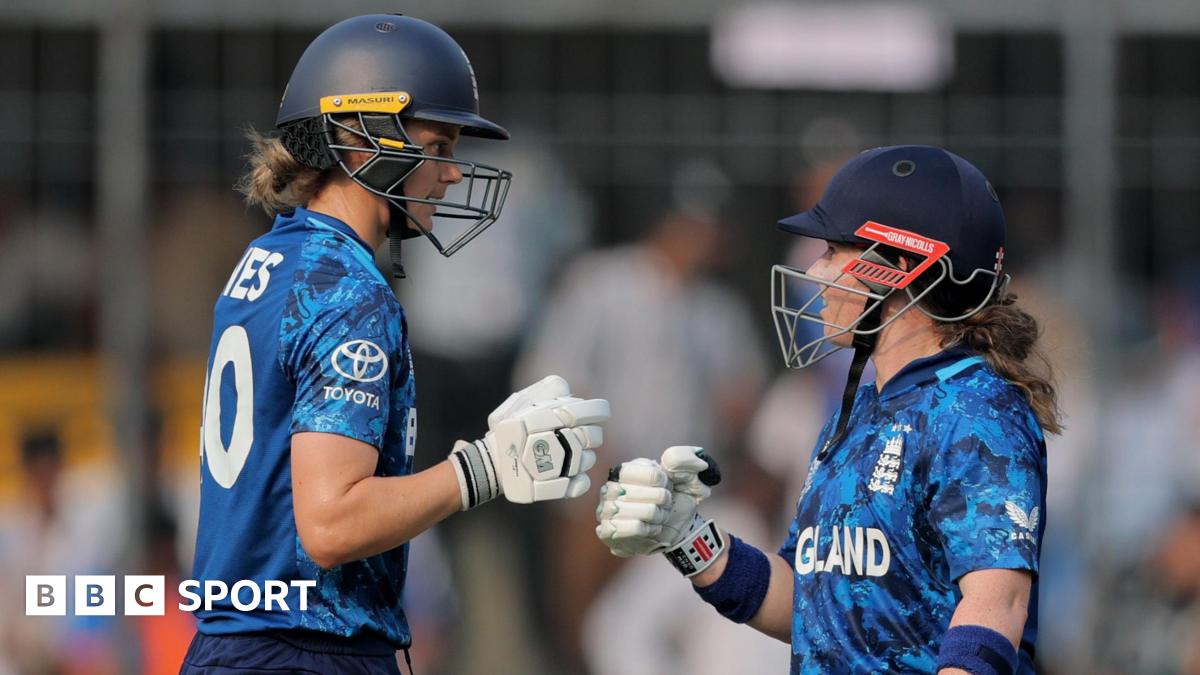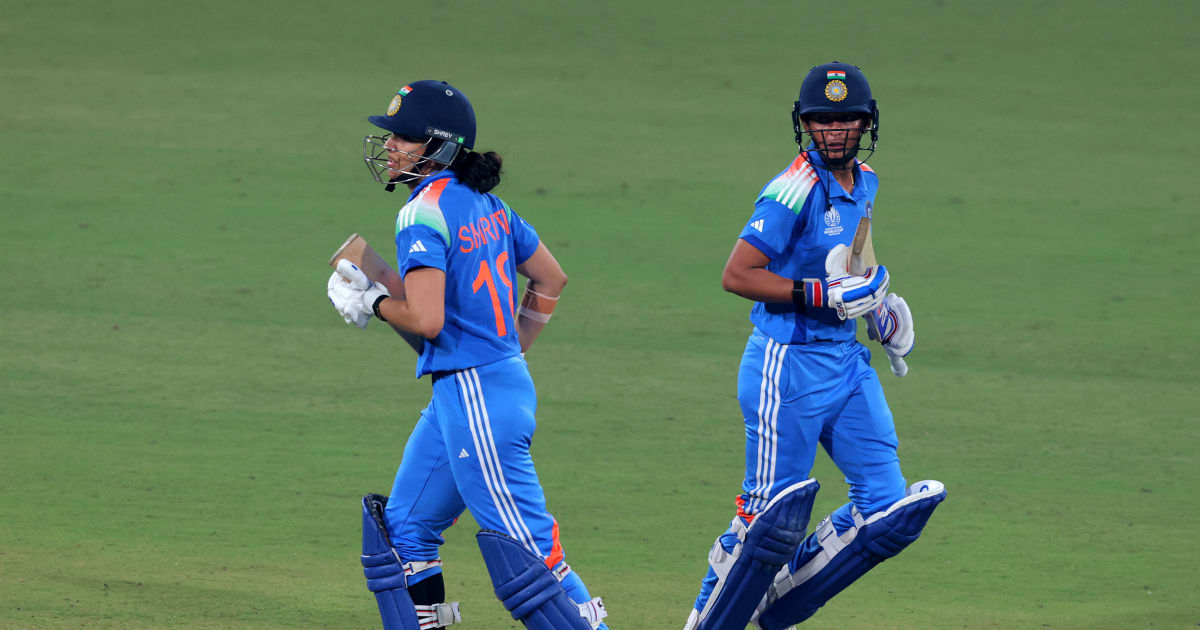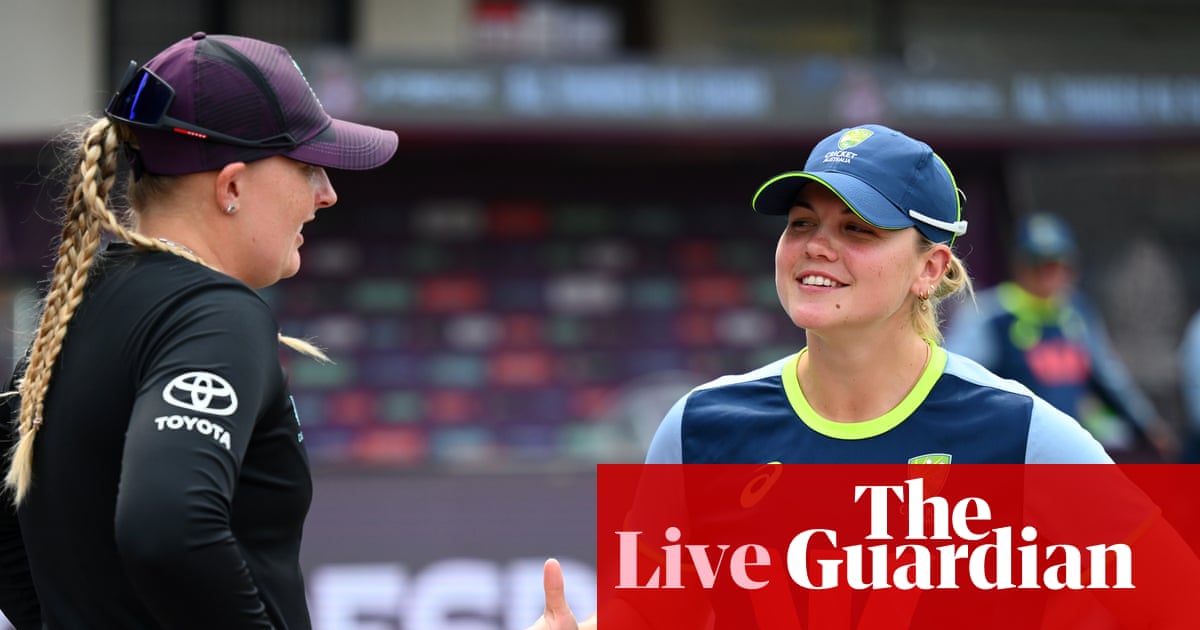‘Alexander Isak situation isn’t irretrievable’ - Matthew Syed meets Eddie Howe

Journalists shouldn’t as a general rule flatter their interviewees, but let me say up front that Eddie Howe is a driven, thoughtful and highly impressive head coach. Sitting with him at Newcastle United’s training ground, having chatted for an hour or so with a fascinating group of players, was to gain an insight not just into Howe himself, but also the transformation in the beautiful game over the past two decades.Howe, who took over at Newcastle in November 2021, himself is in the vanguard of this transformation, a coach comfortable with data, science and well read in the literature of company culture and leadership. The 47-year-old talks about a manic week as he has juggled the “Isak situation” (which I’ll come to later), the signing of Malick Thiaw (he had a last-minute meeting on Tuesday night, which scuppered our plans for dinner) and a crucial morning of training in the build-up to “Day One”, as they call the start of the new campaign, which starts against Aston Villa on Saturday.Outside the sun is shining brightly: it is now Wednesday morning and the time approaching 11.15am. The players are standing around a mobile big screen adjacent to the training pitch as Howe — who has been at the ground since 6.30am — runs through footage of Villa. He talks to the players like grown-ups. There is no shouting like a sergeant-major (Howe told me his players are “highly intelligent, highly driven young men. You don’t reach the top without a high football IQ”). The analysis is supported by curated video clips, played on cue by the tech staff, as the players observe intently. They can discern the logic of what is being explained, nodding along, and then they are off into three groups — defenders, attackers (and a central defender), and midfielders.Howe greets Thiaw, the Germany centre back signed from AC Milan this week SERENA TAYLOR/NEWCASTLE UNITED VIA GETTY IMAGESUnlike some head coaches, Howe is central to the training itself. He walks with the attacking players to a pitch peppered with mannequins placed in strategic positions and vocally drills them in the patterns required to find the gaps in the Villa defensive structure. Even an outsider like me can perceive the formations being rehearsed, although I am (at first) a little bemused by the philosophy. I whisper to James Bunce, the performance director (whose job is to act as an interface between Howe and the sports scientists): “This isn’t going to work, is it? You can’t ingrain patterns against mannequins. Don’t you need opponents to make it realistic?” Bunce smiles. “Keep watching,” he says.The hands-on Howe works on team shape and positioning during the pre-season tour to South Korea SERENA TAYLOR/NEWCASTLE UNITED VIA GETTY IMAGESI quickly discover that this is a cumulative, layered session — the cornerstone of Howe’s coaching methodology. After 30 or so minutes, they return to the big screen to delve into the tactics in greater detail. Now I grasp why Howe arrived at the training ground so early: he has been finding clips from the previous day’s training session (captured by high-flying drones) to further instruct the players. In the next session, on a smaller pitch, he elaborates the patterns further, but with higher tempo and the players now opposing each other in teams of five or six.AdvertisementI had heard from a few insiders that Newcastle’s training sessions are unusually intense, but nothing quite prepared me for this. The pressing, crossing and tracking back is relentless, channelled into a series of 2½-minute bursts, before Howe offers a minute or two of further instruction (what one of his assistants described as “the drip-feeding of tactics”). The word that jumps into my mind as I watch is “lean”: this is a training session designed for maximum, concentrated impact.Finally, the players return to the big screen for the last time for a more complete tactical overview of the Villa game before setting up in two teams of 11: one side has been instructed to play as Newcastle, the other as Villa. The patterns are now internalised and a truncated contest takes place, again at impressive intensity. At the end, the winners (in the pink strip, if I remember correctly) are ushered to the side of the pitch for a group photo. “We want jeopardy in the practice match,” Bunce explains, “so we celebrate the winning team in each training session.”The England forward Gordon shows the intense work ethic that caught Syed’s eye HARRIET MASSEY/NEWCASTLE UNITED VIA GETTY IMAGESI chat to some of the players as they walk off. Anthony Gordon’s work ethic was a revelation (even in a squad who each put in a shift), which I mention to him. “That’s good to hear,” he says with a smile. “It is a crucial few days so you have to give it everything.” Emil Krafth, the Sweden defender (who turned out to be a dab hand at table tennis after lunch), says: “The first match of the season is always important for morale.” Travis Hernes, a 19-year-old midfielder from Norway, says: “It’s a club with an incredible culture. You can probably already see what the gaffer is building here.”Howe takes a deep breath as we sit down for lunch after he has debriefed his coaching staff. This has been an unusually challenging summer at a club who do not have either a sporting director or a chief executive officer, which has meant that Howe — already the presiding figure at the club — has been stretched further than ever. And, of course, looming over everything has been the shadow of the “Isak situation”, the phrase everyone at the club has taken to using, not to mention Newcastle fans about the future of their star striker. “He’s such a terrific player,” I say rather tritely of Alexander Isak. “Is the situation irretrievable?”“The word irretrievable isn’t really in my dictionary,” Howe replies. “I think communication is going to be the key. At the moment, we are in a position where he is not available but I’d like to think that we will be able to reassess as the situation develops further. I think that he will always recognise that this is a very special team and a very special club. It’s been a tough period because a lot of the media attention has been negative, which is difficult on the players.Advertisement“The narrative spreads. We are trying to challenge that and to say to the squad, ‘We are OK.’ Yes, we are currently minus one massive player but we don’t yet know how that situation will change. But everyone here is fully committed and that is great.”Isak scored as Newcastle won the Carabao Cup under Howe SHUTTERSTOCK EDITORIALCan you find someone to replace Isak during what remains of the transfer window, I wonder? “We have a bit of time,” Howe says. “The issue we have is that we haven’t just lost Alex [Isak] but also Callum Wilson from last season so we are definitely actively looking to recruit. We have a really good recruitment team but as you know we are missing a few key appointments [the absence of a CEO and director of football] so it’s been a challenge. Our recruitment at the club has so far been really strong.’’I can’t help wondering if it is difficult to fully focus on training sessions with so much happening off the pitch. “You make a good point. It is probably true that the bigger impact can be had elsewhere but all I can control is here,” he says. “I have to make sure that my mind is absolutely focused on the 25 players who need my love, care and attention rather than players who we haven’t actually signed yet. As a coach, one of the most important parts of my job is to get the best out of every single player and to improve them as much as I can. That is what I love doing.”The late Anne Howe at the Vitality Stadium during her son’s first spell as Bournemouth manager RICHARD CREASE/BOURNEMOUTH ECHO/BNPSI move the conversation on to Howe’s background and am not surprised that he distilled much of his character from the example of parents; in his case, a remarkable mother. “My mum had five children. I was the fourth. Very humble upbringing. She struggled financially to support us all. Single parent. She had to do three, four, five jobs. She was always working somewhere. You talk about my getting up early in the morning, but maybe that’s where I get it from. She had to get up in those days at 4am to do the papers for the local newsagent. She’d come back, take us to school, then do a cleaning job, then work in a leather shop, selling leather goods, in the afternoon, then pick us up from school and look after us in the evening and goodness knows what else. So I used to see that sometimes when I was off school. I guess it must have rubbed off.”Is she still alive? Howe pauses, perhaps to compose himself. “No, she passed away suddenly when I was 34, just after I took over at Burnley [his second job before returning to Bournemouth in 2012 where stayed for eight years]. So she saw that I had started my management career. And, you know, there’s something really weird about that. My grandad was another big person in my life. He and my mum were the two big role models. And they both said to me when I was young, ‘You are going to be a better manager than you are a player.’ And I’d be like, ‘I don’t want to be a manager. I just love playing the game.’ But they both said it separately, ‘You are going to do really, really well as a manager.’ ”AdvertisementSyed and Howe CHARLIE HEDLEY FOR THE TIMES“Looking back, I find it strange because I was like, ‘You are mad! I am too shy. I am not that person.’ I was so shy growing up that the phone would ring and I wouldn’t even answer it. My mum would say, ‘You are going to have to speak sometime.’ but I would reply, ‘I’ll do it in my own time.’ Sport was a bit of a saviour because it helped me to develop self-esteem and give me a lift. I was the best at football in the school and good at cricket too. But Mum and Grandad obviously saw something in me that I didn’t necessarily see in myself.”I ask how he met his wife [he is married with three children] and he laughs. “Not glamorous to be honest,” the former Bournemouth defender says. “I was at a nightclub with a friend and I saw her. I was on crutches because it was just after I suffered my serious knee injury and I kept looking over but she didn’t seem interested. It was only later that I found out her eyesight isn’t very good over long distances so she hadn’t actually noticed me. My friend broke the ice and we got together. She doesn’t know much about football, but if I have any big issues, she’s the person I seek out. She’s brilliant to talk to.”We continue chatting: about family, about football, about life (I get the sense that he is using our conversation to wind down a little before an intense burst of meetings later that day). Indeed, I end up leaving so late that I almost miss my train back to London. Howe and Newcastle may struggle at times this season, particularly in the early matches, given the absence of Isak. But there is no doubt in my mind that this is a singular coach who is leading an impressive group of young men, almost all of whom have grown under his guidance, not just as footballers but also as human beings. And what, in the end, could be more important than that?Aston Villa v Newcastle UnitedSaturday, 12.30pmTV TNT SportsRadio talkSPORT













